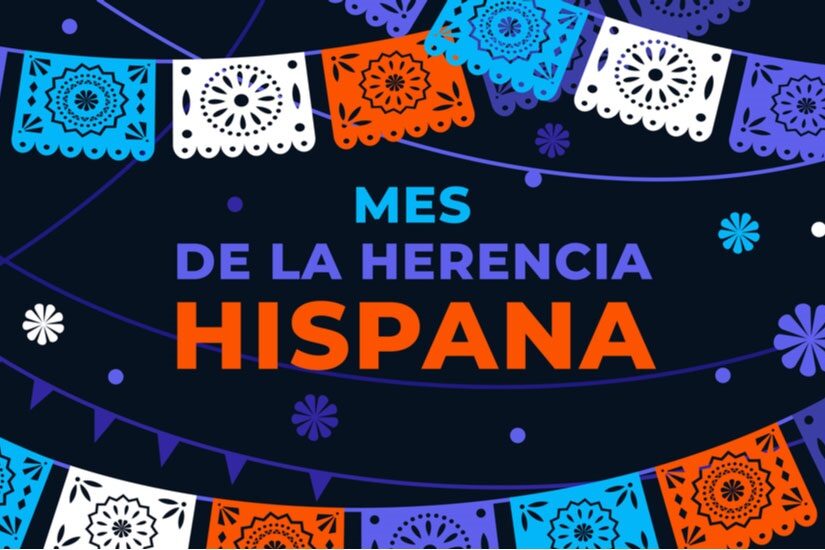For the Families

As we approach the midway point of National Retirement Security Month and the conclusion of Hispanic Heritage Month, there is no better time to highlight the bipartisan legislation awaiting action by Congress that will help Hispanic Americans protect their families’ financial futures.
The legislation, known as SECURE 2.0, addresses gaps in the existing, successful private retirement system and contains many innovative provisions that will help Americans save for retirement.
This includes the diverse and growing Hispanic American community of 62.1 million Americans. Hispanics make up 19% of the U.S. population and are the second-fastest growing group after Asian Americans. From 2010 to 2019, their buying power increased 69% (compared to 41% for non-Hispanics), and it is projected to rise to $2.6 trillion in the next three years.
Even with their upward generational economic mobility, financial insecurity is still prevalent within the Latino community. The negative economic impact of COVID-19 is evident in the 2021 Retirement Confidence Survey where 49% of lower-income Hispanics were “less confident” about their retirement, in comparison to 37% of White respondents. 41% of lower-income Hispanics reported a negative job or income change since the beginning of February 2020, in comparison to 22% of White respondents. Moreover, 54% of Hispanic women reported a loss of job or income during the pandemic.
According to a survey by Unidos and the National Institute of Retirement Security, only 30.9% of Latinos participate in retirement plans – over 20 points lower than their White counterparts – which is mostly due to access and eligibility issues. However, when eligible to save, Hispanics are more likely to participate than their counterparts.
SECURE 2.0 contains specific provisions that will increase part-time workers’ access to retirement plans, enable more small businesses to offer retirement plans and help lower-income Americans save. With swift action on SECURE 2.0, Congress can help more Hispanic Americans – and Americans of every ethnicity – retire knowing that their family’s financial future is secure.





